Plant-Based Milks are Ideal for Enhancing Your Coffee Experience?
Being able to mimic the wonderful effect that a dash of milk can have on our coffee is one of the biggest challenges we face when switching from dairy to plant based milk.
Here we are going to go through what the best plant based milks are to have with a coffee, as well as what plant milks are best for frothing and steaming into drinks like latte and cappuccino.
What Characteristics Does a Plant Based Milk Need to Go Well With Coffee?
How well a plant based milk complements coffee depends on five characteristics. They are:
Flavour:
Dairy milk’s bland flavour means that it won’t clash or overpower your coffee. You want a plant based milk that also has a neutral taste.
Fat content:
A plant based milk needs at least a 1% fat content to give your coffee the same creamy mouth feel as dairy milk does. Two percent fat is ideal, but 1% still works, you just may have to use a bigger splash of milk.
Protein content:
A high protein content is necessary for a milk to foam properly. You want your plant milk to have at least a 1.5% protein content if you are going to try and steam it into milk foam.
Splitting point:
You want your milk to be able to handle temperatures above 65 degrees Celsius without splitting. Ones that have a lower splitting point will create an unpleasant graininess when added to your coffee. They will also be impossible to steam.
Below is a table showing how the seven most commonly drank plant based milks fare in each of the characteristics mentioned above:
|
Type of Milk |
Flavour Profile |
Fat Content |
Protein Content |
Splitting Point (temperature) |
|
Dairy |
Sweet-neutral |
2.5% |
3.5% |
95 Celsius |
|
Soy |
Netural |
1.7% |
3% |
65 Celsius |
|
Oat |
Sweet |
1% |
1.5% |
75 Celsius |
|
Almond |
Nutty |
1.25% |
0.5% |
65 Celsius |
|
Cashew |
Sweet-neutral |
4.5% |
1.9% |
65 Celsius |
|
Coconut |
Coconutty (very distinctive) |
2.4% |
2.3% |
65 Celsius |
|
Rice |
Sweet |
1% |
0.1% |
60 Celsius |
|
Pea |
Neutral |
2% |
3.5% |
80 Celsius |
What is the Best Plant Based Milk to Add to Coffee?
If you are trying to mimic the effect that dairy milk has on coffee then the best plant based milks to add to coffee are pea milk and soy milk.
I would also recommend trying oat milk and cashew milk with coffee as your preferred milk will depend on your individual tastes.
Here are a few things to consider when you pair each type of plant based milk with coffee:
Pea milk:
Pea milk will have the most similar textural effect on coffee as dairy milk. This is because pea milk has a near identical protein and fat content as semi-skimmed dairy milk. The main downside of using pea milk is that it can be relatively difficult to find. I am surprised that it is not more easily available given its suitability as a dairy substitute for coffee and tea.
Soy milk:
Soy milk’s relatively high fat and protein content also means that it will mix with coffee in a similar way to dairy milk. The weakness of taking soy milk with your coffee is that it has a relatively low splitting temperature. We’d therefore recommend that you wait for your coffee to come down to drinking temperature before you add soy milk to it.
Oat milk:
Oat milk is also a solid option to add to coffee, and you do not need to worry about it splitting or curdling when exposed to hot coffee (unlike soy milk). Its lower fat content compared to soy and pea milk means that you will have to add more oat milk to achieve a similar texture. It may not be the best option if you like a darker coffee.
Cashew milk:
Cashew milk is really good for coffee texture. A small amount of it can add real creaminess to your drink. Its high fat content does mean that it dampens the bitter notes in your coffee more than other milks (lipids bind to some of the bitter tannins in coffee, masking their flavour). If you like this bitterness then you might find that cashew milk masks these flavours too much.
I personally wouldn’t recommend taking almond milk, coconut milk or rice milk with coffee. Here’s why:
Almond milk:
Almond milk’s lower fat content means that you need to add quite a lot of it to give your coffee an added creaminess. It is a bit like oat milk in this way. However almond milk has a much stronger flavour than oat milk, meaning that it will overpower your coffee’s taste far more than oat milk will. If you already like almond milk’s flavour then it may well still be worth a try, but just know that your coffee will taste very different from the usual.
Coconut milk:
Although coconut milk has excellent textural effects on coffee, its strong flavour overpowers your coffee much more than any other milk. Your coffee just won’t taste like coffee at all, which isn’t what we want.
Rice milk:
Rice milk is too watery to have any real effect on your coffee’s texture. I’d only recommend it for someone on a hypoallergenic diet. Unfortunately the creamier plant based milks are made out of nuts and beans which are some of the most common food allergens.
Which are the Best Plant Based Milks For Steaming?
Steaming milk involves heating and stretching its proteins out so it expands when you combine it with air.
For milk to be steamed it therefore needs to have:
- A protein content of 1.5% or higher
- A splitting point above 70 Celsius
Steamed dairy milk is sweeter than cold milk because the heat during steaming breaks down the milk’s lactose into sweeter tasting simpler sugars.
If you want to make vegan lattes and cappuccinos, and want this to resemble dairy versions of these drinks as much as possible, then you may want to use a sweetened plant milk.
The best plant based milks for steaming and frothing are oat milk and pea milk.
Oat milk in particular has some of the sweetness that you get when you froth dairy milk.
It's no coincidence that oat milk latte’s are rapidly becoming the most popular vegan milk based espresso drink.
What’s the Deal With Barista Milks?
Barista milks are regular plant based milks that have additional fat and protein added to them. The fat usually comes from vegetable oil and the protein usually comes from white peas.
This added fat and protein allows them to froth in a very similar way to dairy milk (their fat and protein content is raised to a level that matches dairy milk).
Most of the time barista milk uses oat milk, as this naturally has some of the sweetness of dairy milk so works very well in lattes and cappuccino.
If you have an espresso machine with a steam wand at home and want to make latte frothed drinks then I’d strongly recommend barista milks. They really do froth up just like dairy milk and allow you to make latte art.
Iced Brown Sugar Oat Milk Shaken Espresso Recipe
One of the most popular coffees right now is the iced brown sugar oat milk shaken espresso.
Here’s how you make it:
What you’ll need (for one)
- Double shot (60 ml) of espresso
- Two teaspoons brown sugar
- 150 ml oat milk (use regular instead of barista milk as we are not frothing it)
- A handful of ice (smaller cubes work better so we can have ice throughout the drink)
- Cocktail shaker
How to Make it
- Brew your espresso. Espresso for this recipe can be made just as well in an espresso machine or in a moka pot.
- Mix your brown sugar into your espresso. Stir it until the sugar is dissolved because once you add the oat milk and ice it won’t dissolve any further.
- Add your espresso ice and oat milk to your cocktail shaker and shake it all up.
- Pour into a tall glass to serve.
If you find that your drink is too watery you can freeze either coffee or oat milk (or a mixture of both) into ice cubes and add them to your drink.
Final Thoughts
The best plant based milks to add to coffee are oat milk, pea milk and soy milk.
These milks are bland and creamy enough to thicken and soften your coffee’s texture without significantly altering its flavour.
If you want to froth your milk then your best option is oat milk. Oat milk has enough protein so that you can increase its volume when frothing and also has the natural sweetness of steamed dairy milk.
If you are going to drink a lot of steamed milk drinks, then I’d recommend looking out for oat barista milks. These have extra fat and protein added to them which allows them to froth up in a similar way to dairy.




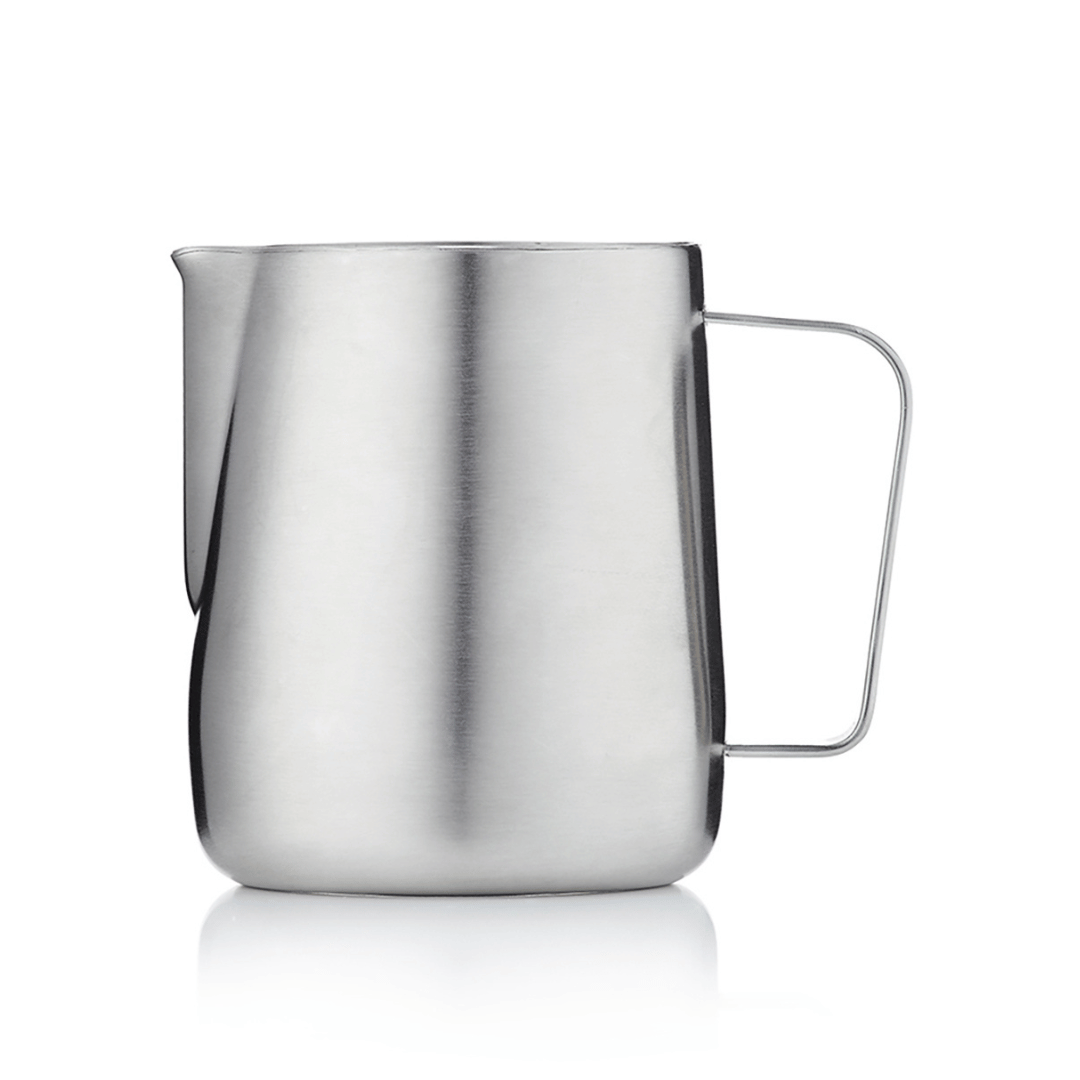
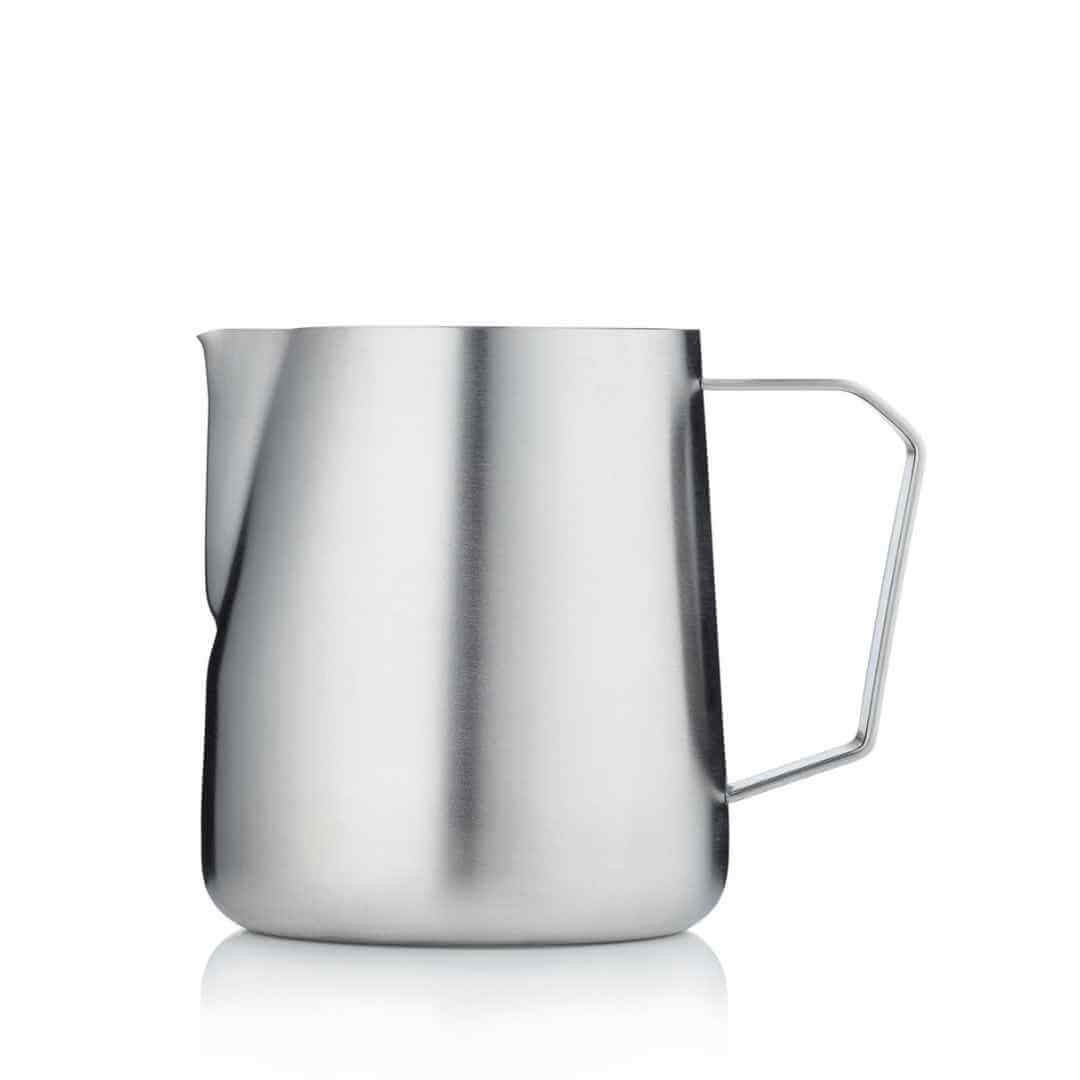
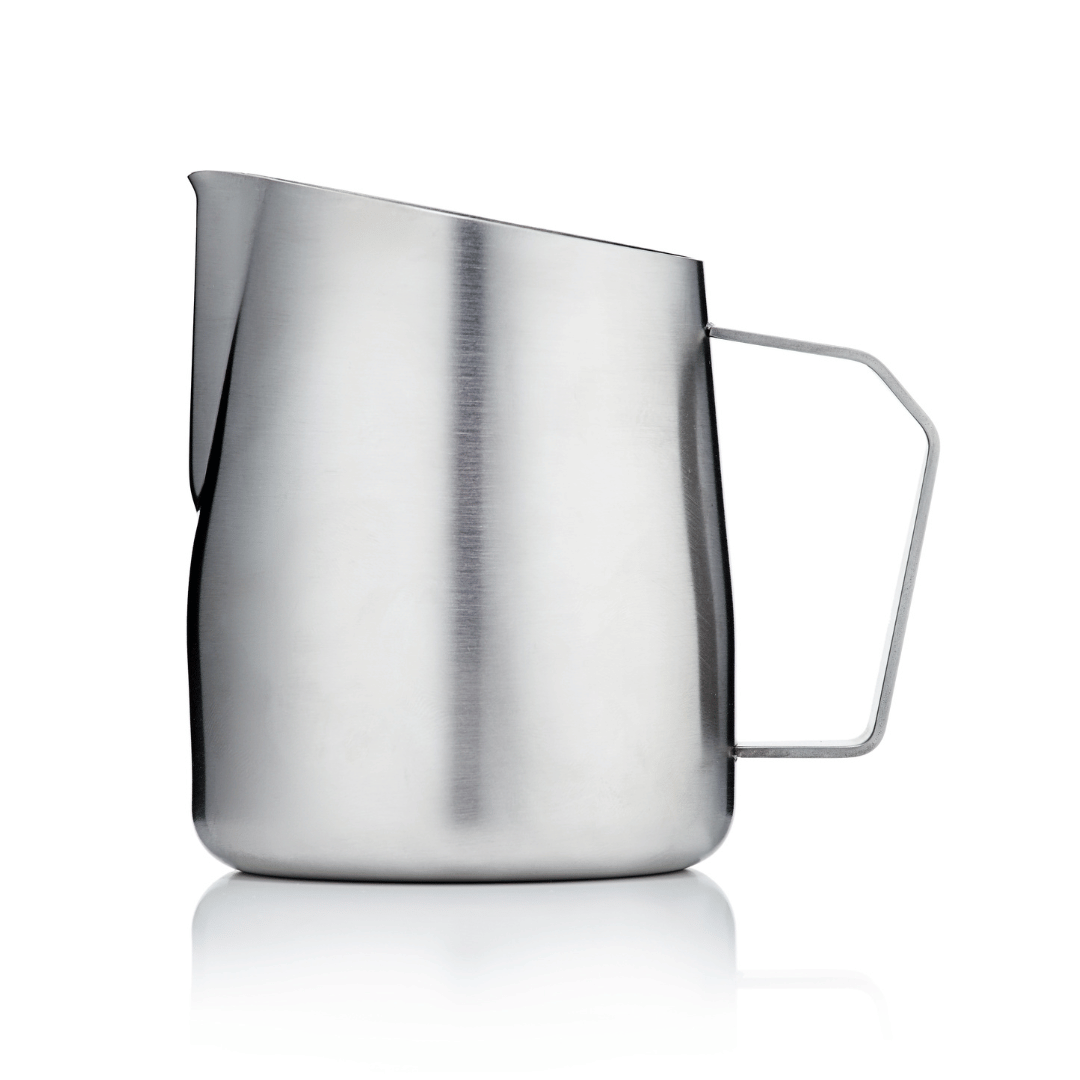
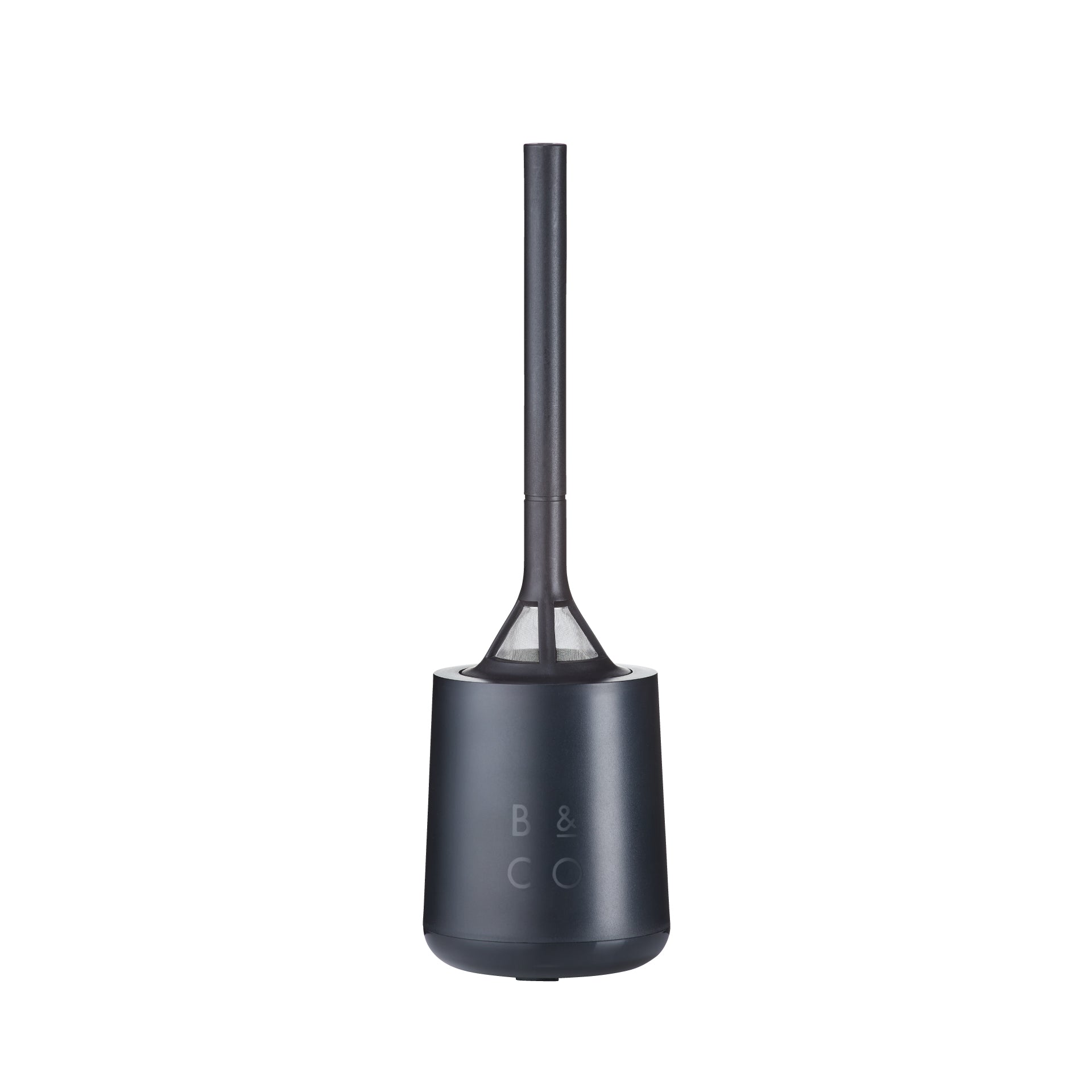
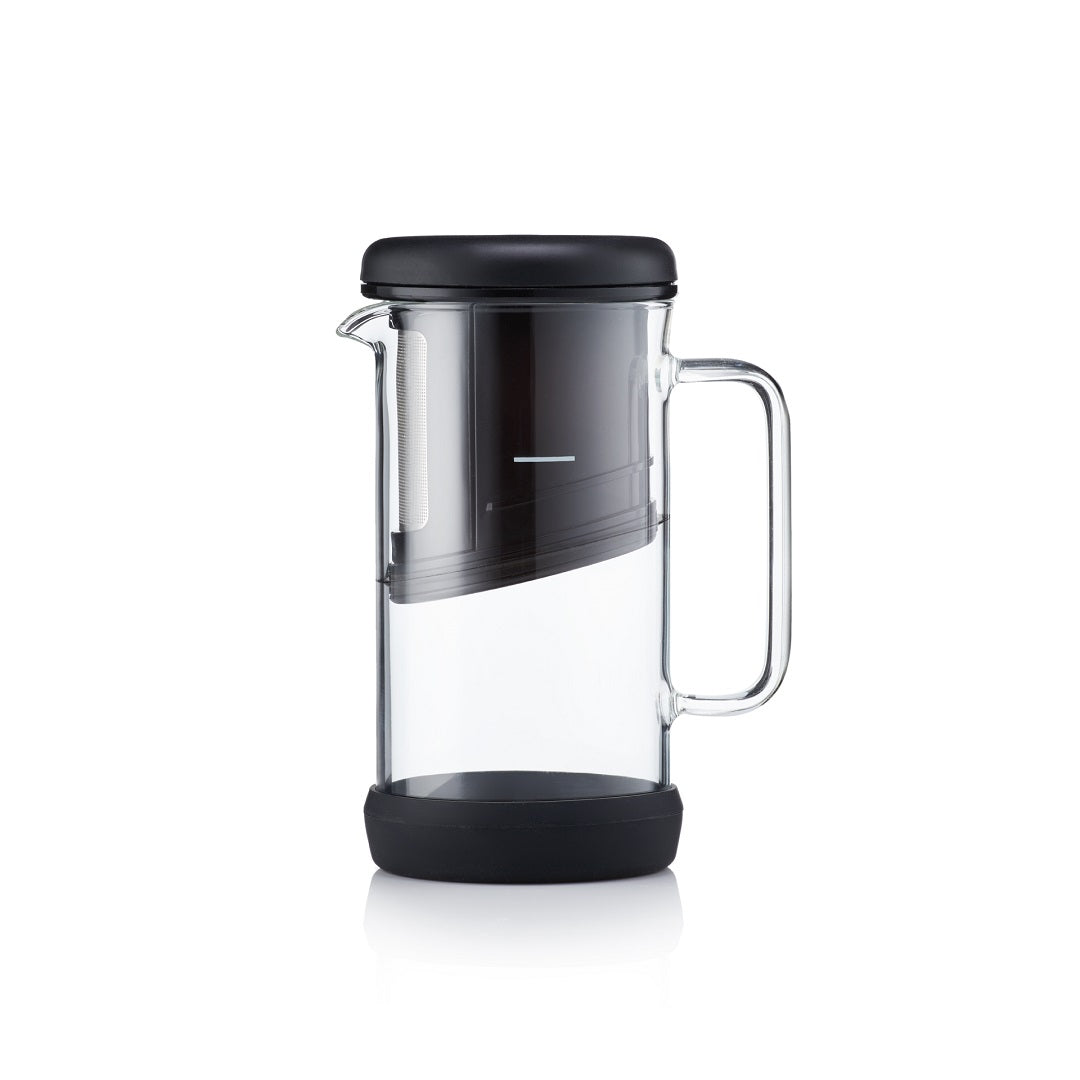
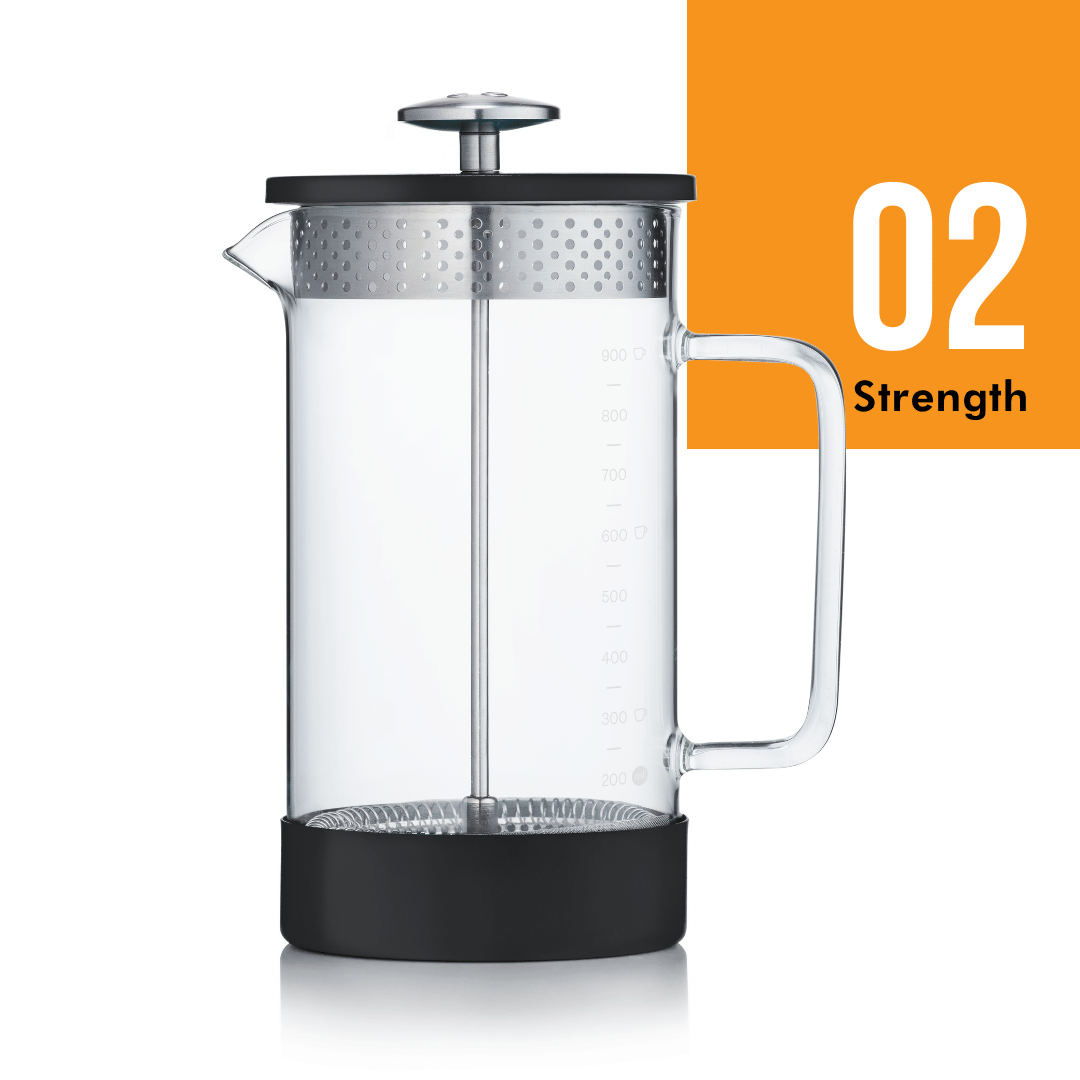
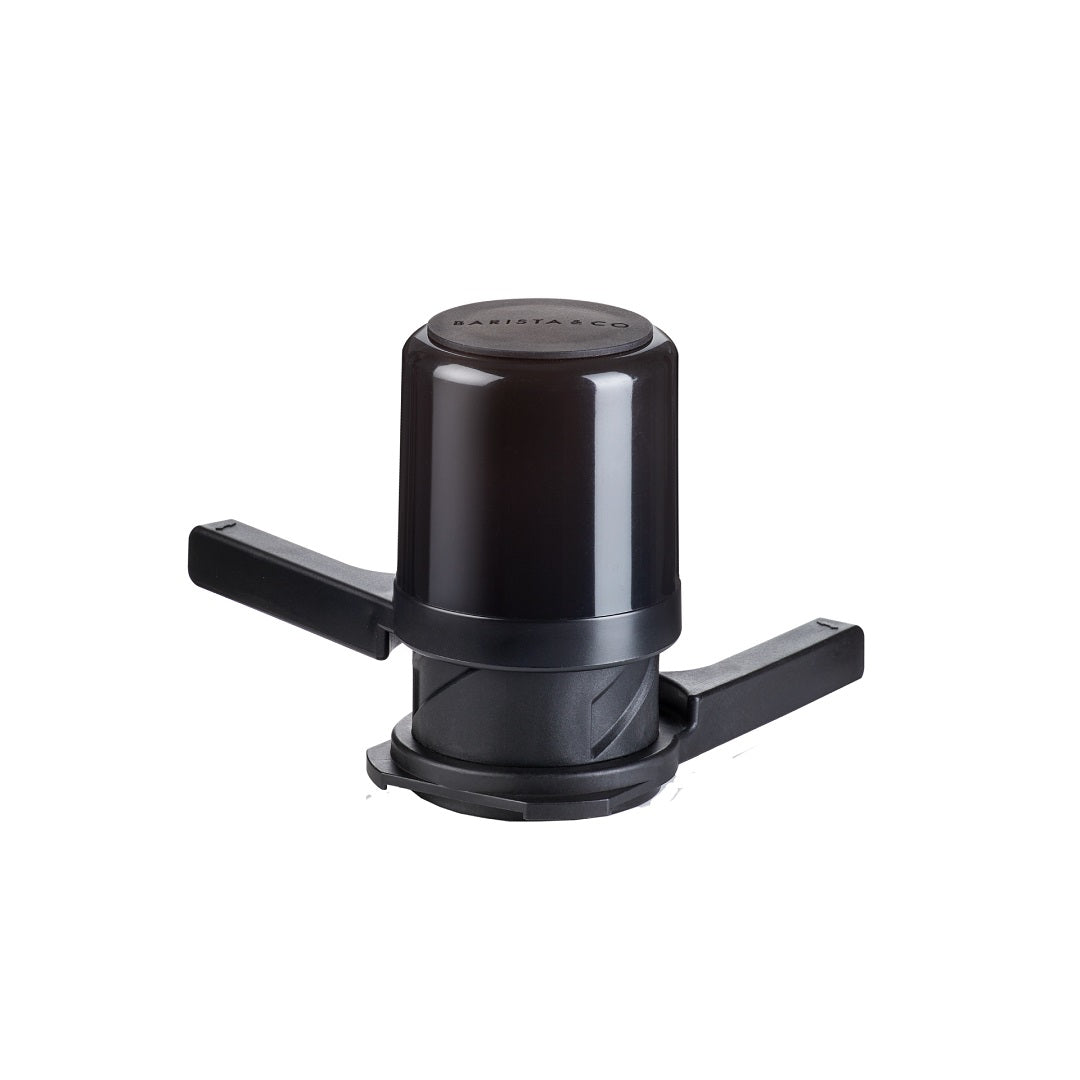






Leave a comment